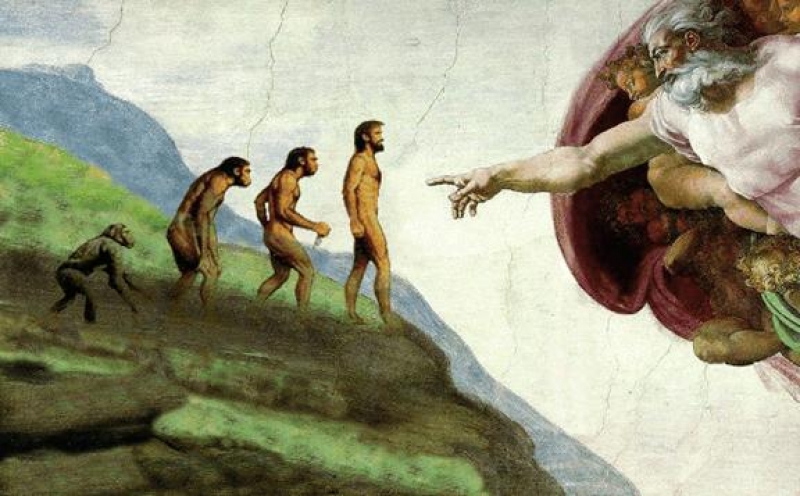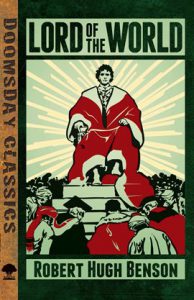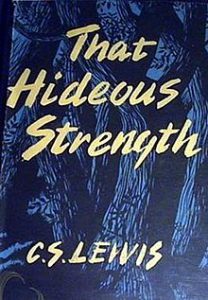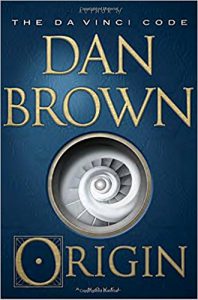Science and/versus Religion

Novels based on the tension between science and religion must be numerous! Over the past few months I have read three that trace the evolution of this theme from the past to the present century.
The novels chronologically (in the writing and my reading) were Robert Hugh Benson’s Lord of the World (1907), C.S. Lewis’ That Hideous Strength (1945, the final volume of his The Space Trilogy), and Dan Brown’s latest work, Origin (2017).

Source: hoopla.com
Benson’s novel is straightforwardly a battle between science and religion. He describes a future world in which science destroys almost every vestige of transcendent religion by replacing the worship of God with the worship of humankind and in the process encounters the end of the world.
Lewis, however, uses science, space travel, to enable humankind to conquer, or at least mitigate for a time, the demonic use of a form of neurology – brain enhancement, in an attempt to enable man to replace God. Both works are fascinating – in their creativity and plot.

Source: en.wikipedia.com
Brown’s Origin, follows his hero, Robert Langdon, a professor of religious iconology and symbology, in his usual day-long pattern of solving murder.
This fifth book of the series straightforwardly tackles the science/religion debate about the origin and ultimate destiny of humankind in a less frenetic manner than in earlier Langdon novels.
His exploration of the roles of science and religion also seems to me to be more thoughtful and less fantastic than his earlier conspiracy themes.

Source: amazon.com
Through the plot of the novel, Brown explores the evolutionary questions, “Where do we come from? Where are we going?” by using contemporary computer science, cybernetics, and artificial intelligence. His characters grapple with questions that are sparking discussion today.
By tackling the question of humankind’s origin and future in the context of science and religion, Origin is fascinating in the way that Benson’s and Lewis’ novels were in their day. Brown grapples with very realistic problems both for his hero, Robert Langdon, and for all of us in 2018. In doing so, he, like them, is both entertaining and thought-provoking.




No Comments